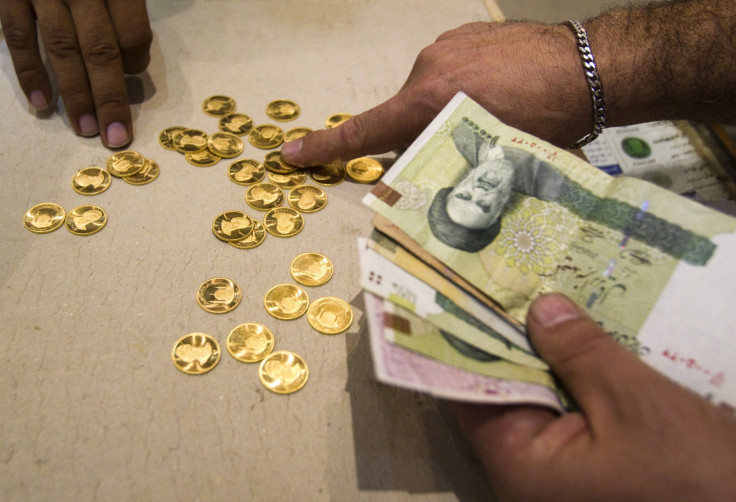US banks to be biggest losers in Iran deal as Asian banks court business

Sanctions on Iran are to be lifted, yet US businesses could be the biggest losers in the rush to stake a claim in the country — especially the banking sector.
"Even though there is an agreement, things will still move slowly, especially for US companies," according to Matthew Oresman, public policy and international trade specialist at global law firm Pillsbury.
Oresman shuttles between the law firm's Washington D.C. and London offices and while he sees opportunity for businesses in the Iran deal, it will not be equal for all.
The 14 July agreement to lift economic sanctions in trade for Iran's promise to not pursue a nuclear weapon was unanimously approved by the UN Security Council, and also by the EU, on 20 July. But the agreement still faces tough hurdles in the US.
"The EU has committed to removing many of the sanctions limiting business transactions and financial dealings with Iran, including banking and insurance," Oresman said, pointing out the EU has committed to remove Iran's state-run enterprises from its blacklist.
"For US companies, things may not move as fast," he said. "US banks will not be able to engage in most Iran-related transactions, especially with an Iranian counter-party, except in very limited circumstances. European banks should have a much freer hand."
The Iran deal, known formally as the Joint Comprehensive Plan of Action (JCPOA), will be hampered by the 1996 US Iran Sanctions Act, extended by President Barack Obama in 2013, which blocks US financial institutions from making loans or giving credit to Iran. The Comprehensive Iran Sanctions, Accountability, and Divestment Act of 2010 adds further complications. Whether these laws stand is down to US Congress.
The laws also create a significant obstacle for European banks that have a US presence. "European banks with US subsidiaries will need to proceed cautiously," said Oresman.
"You can bet there are fund managers waiting to run on the pitch [saying] 'I want to be first to have Iranian companies in my portfolio,' Rudi Lang, UK head of banking at accountancy firm Mazars, told IBTimes after the deal was announced 14 July. "The Iranian stock markets are also developed quite well in the light of a galloping inflation."
But it's more likely they will be outmaneuvered by "Chinese, Indian, and other large non-Western players, [as well as] smaller European or regional trade banks that do not have US ties," said Oresman.
In 2012 the UK's HSBC and Standard Chartered banks were hit with a combined $2.6bn in US money laundering fines for doing business with Iran. HSBC was said to have circumvented US safeguards designed to block transactions and over seven years allowed 25,000 transactions linked to Iran.
Other big European banks hit with money laundering fines over Iran include BNP Paribas, Commerzbank, Deutsche Bank, Societe Generale and Credit Agricole. This may lead to a very cautious return to Iran.
On the other side of the coin "most Iranian banks will still not be able to open up correspondent accounts with US clearing banks or engage in financial transactions with US banks," said Oresman. "This underscores the notion that the president will be limited in the sanctions relief he can provide."
© Copyright IBTimes 2025. All rights reserved.






















